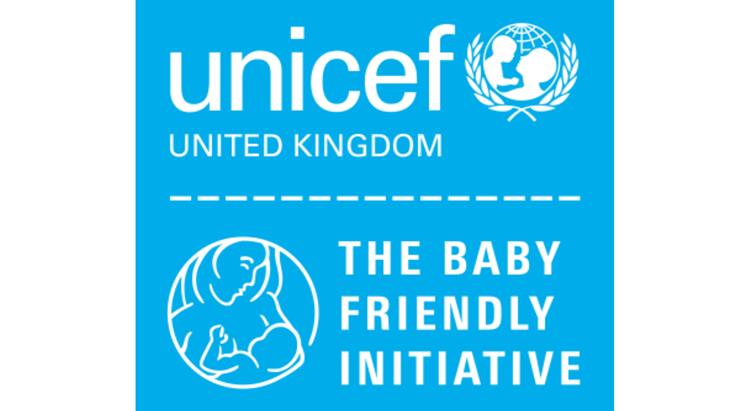21 October 2019

Health Visitors from Family Nursing and Home Care have achieved Stage 1 of the UNICEF Baby Friendly Initiative, an internationally-recognised award of quality care.
The UNICEF Baby Friendly Initiative aims to support breastfeeding and good infant nutrition and help parents to develop close and loving relationships with their babies. To reach level 1, Health Visitor staff have been given specific training about the benefits of breastfeeding, and how to support mothers to breastfeed for longer.
This programme is a commitment in the Government’s Food and Nutrition Strategy and features in the Children’s Plan, as breastfeeding is a key indicator of success in the Future Jersey priorities.
Sarah Wright, project lead for the Baby Friendly Initiative, said: “In order to reach level one, we have developed guidelines on how our staff will support mothers to breastfeed for longer. We have trained 96% of Family Nursing’s Health Visiting team and are on track to train 100% of our staff by the end of 2019.”
The Chief Minister has recently appointed Deputy Louise Doublet as Breast Feeding Guardian. Deputy Doublet sits on the UNICEF Steering Group with Senator Kristina Moore and the Assistant Minister for Health and Social Services, Senator Steve Pallet.
Deputy Doublet said: “I’m proud that the hard work and patient-focused care of our Health Visitors has led to achieving Stage 1 of this internationally-recognised accreditation. Many families choose breastfeeding - initiation rates are high at 76% - and we know that breastfeeding has long-term health benefits for babies.
“But in 2018 only 24% of babies were still being breastfed at 9 to 12 months. High quality support from Health Visitors and other professionals can help to increase the number of babies who are breastfed, alongside eating solids, at these later stages. This continuation of breastfeeding is a key way of improving their health well into their adult lives.”
Health and Community Services are currently working towards Level 1 Accreditation under the scheme, which maternity services hope to achieve in 2020.
There is more information about the UNICEF Baby Friendly Initiative online.